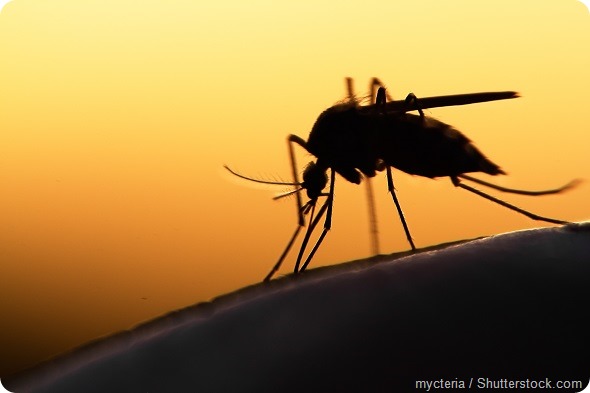Mosquirix, the first malaria vaccine to be submitted for regulatory approval, has gained the support of the European Medicines Agency’s Committee for Medicinal Products for Human Use (CHMP).
Although the CHMP was established to assess the quality, safety and efficacy of medicinal products to be used in the EU, it can also help facilitate the introduction of new medicines to non-EU countries. Following a rigorous assessment of the safety and efficacy of Mosquirix, in consultation with experts from the World Health Organization (WHO), the CHMP considers that the benefits of the vaccine outweigh the risk when used in children living in areas with high malaria risk.

Malaria is a disease transmitted through bites from mosquitoes infected with plasmodia parasites. Plasmodium falciparum causes the most serious form of malaria. If left untreated, this type of malaria can quickly become fatal. The WHO reported that in 2013 90% of deaths from malaria worldwide occurred in Africa and were mostly of children under the age of 5 years.
Mosquirix is intended to be used to immunize children aged 6 weeks to 17 months in areas where malaria caused by the Plasmodium falciparum parasite is prevalent. Since Mosquirix is a recombinant vaccine composed of a protein from the Plasmodium falciparum fused with hepatitis B surface antigen, it also provides protection against hepatitis B.
The main evidence for the new vaccine was obtained from a large clinical trial conducted in seven African countries (Burkina Faso, Gabon, Ghana, Kenya, Malawi, Mozambique and Tanzania). Mosquirix was shown to effectively prevent malaria in just over half of children aged between 5-17 months and less than a third of children aged 6-12 weeks. The level of protection afforded by the vaccine decreased a year after vaccination.
Mosquirix does not therefore provide full immunity from developing malaria and the protection it does provide decreases over time. Consequently, continued use of mosquito nets impregnated with insect repellent and other established protective measures will be needed. However, the CHMP decided that despite these limitations any reduction in risk would be beneficial for children living in areas where malaria mortality rates are high.
The CHMP will continue to monitor the safety and efficacy of Mosquirix during its use in clinical practice.